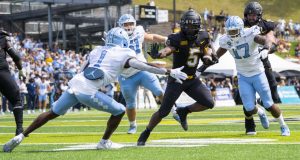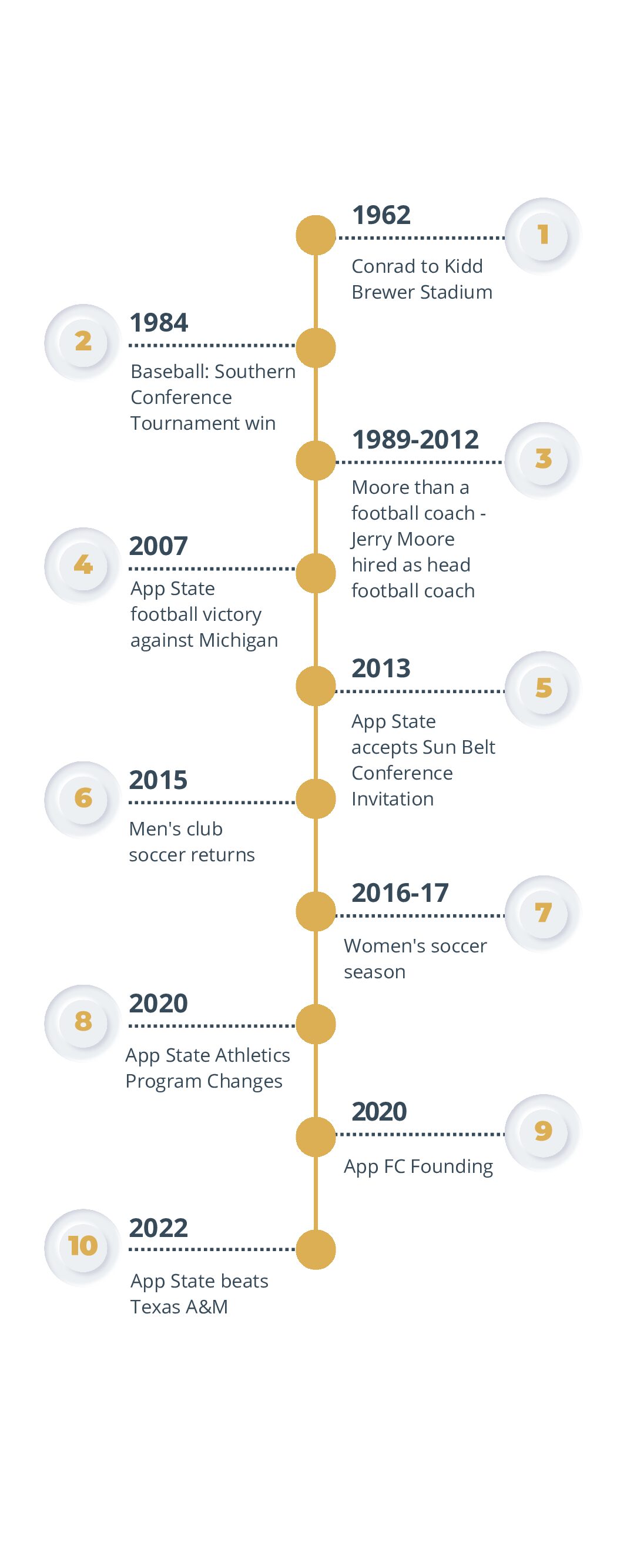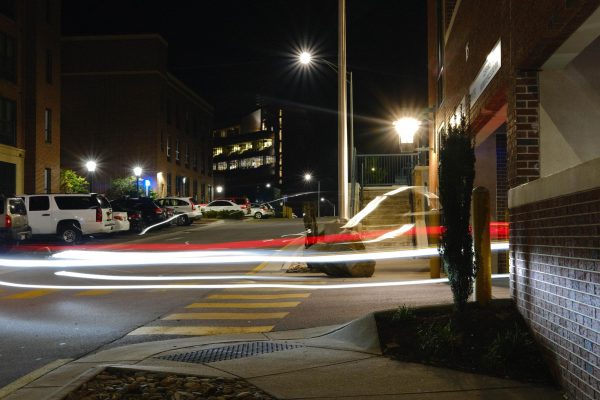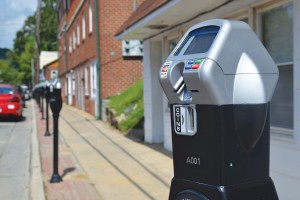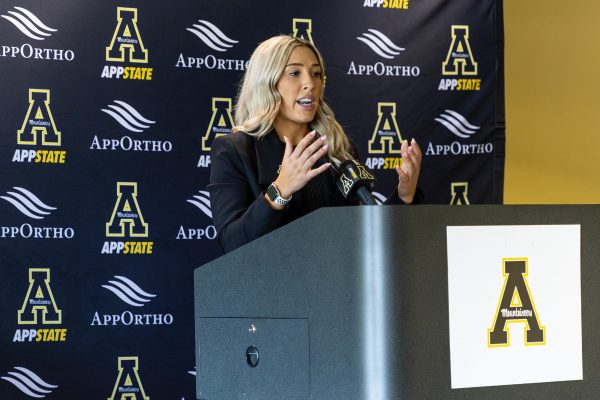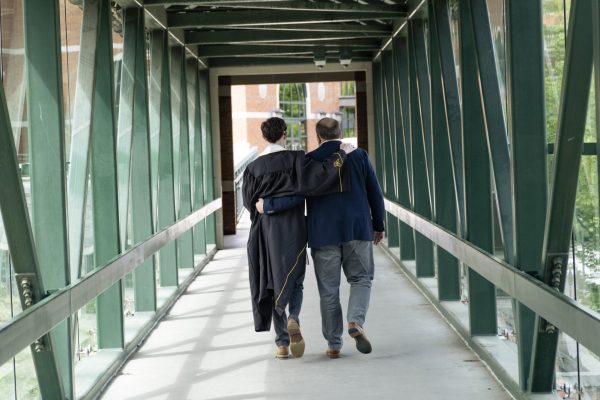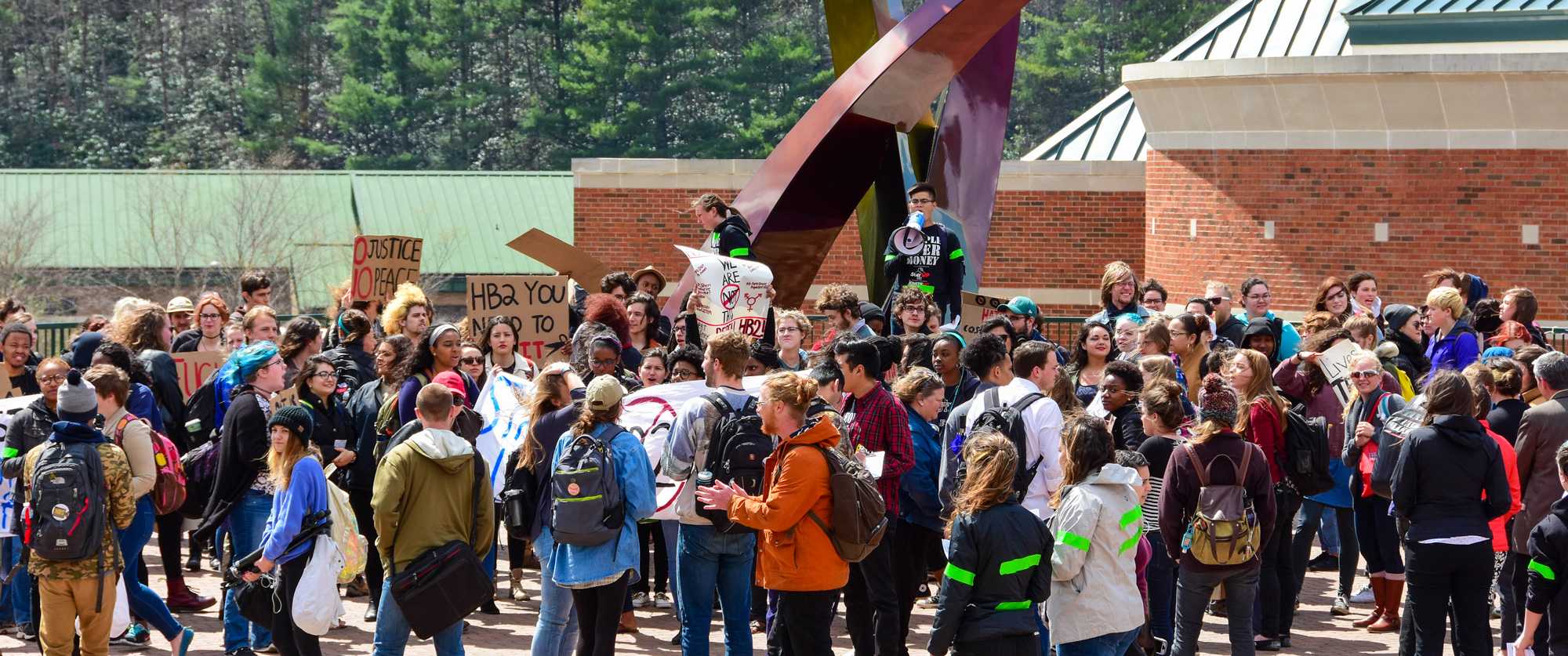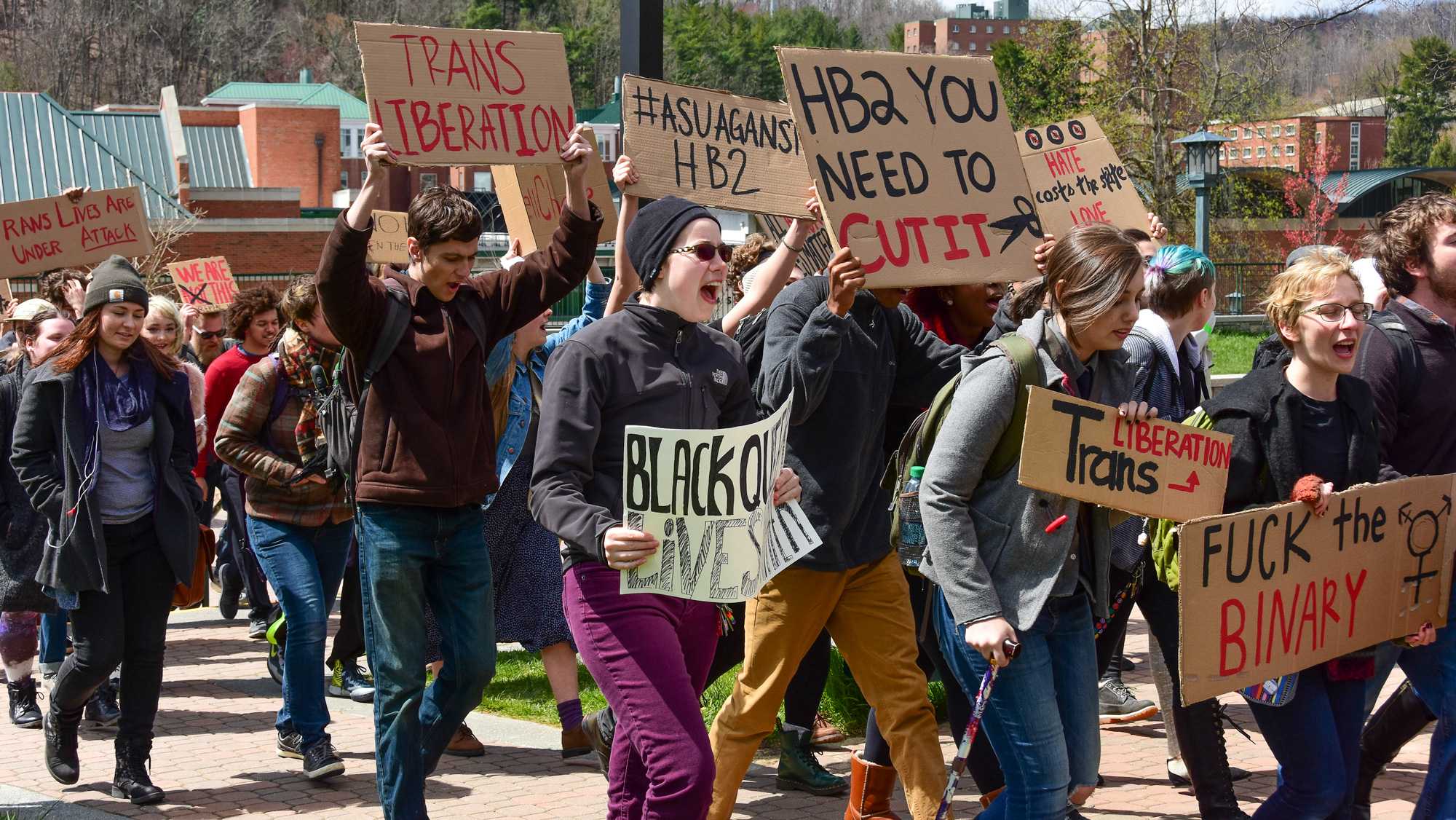North Carolina’s general assembly passed the Public Facilities Privacy & Security Act, known better by the name of House Bill 2, in a special session on March 23 in reaction to a Charlotte ordinance that expanded the rights of transgender individuals.
It has been dubbed the “Bathroom Bill” for language that mandates same sex multiple occupancy restrooms based on biological sex for all public facilities, biological sex being the sex defined on one’s birth certificate. The Charlotte ordinance allowed for use of facilities that correspond to gender identity.
On Tuesday, NC Gov. Pat McCrory issued an executive order that clarified and aimed to pare back parts of the bill.
McCrory’s statement said that his executive order “maintains common sense gender-specific restroom and locker room facilities in government buildings and schools,” “Affirms the private sector’s right to establish its own restroom and locker room policies,” “Affirms the private sector and local governments’ right to establish non-discrimination employment policies for its own employees,” “Expands the state’s employment policy for state employees to cover sexual orientation and gender identity,” and “Seeks legislation to reinstate the right to sue in state court for discrimination.”
Lambda Legal, Equality North Carolina and the ACLU have joined several other organizations in a federal legal challenge to HB2. The ACLU of North Carolina’s acting executive director, Sarah Preston, publicly condemned McCrory’s executive order.
“Gov. McCrory’s actions today are a poor effort to save face after his sweeping attacks on the LGBT community,” Preston said. “They fall far short of correcting the damage done when he signed the harmful House Bill 2 into law which stigmatizes and mandates discrimination against gay and transgender people.”
McCrory said that he will attempt to create legislation restoring the ability to file discrimination claims in state court during the legislature’s next short session. As it is, HB2 prevents discrimination claims from being filed in state courts.
Warning: Some images may contain strong language.
Paul Gates, an Appalachian State communication law professor, said removing the ability to file discrimination claims in state court would present a serious burden to the one making the claim, forcing the case to play out in Statesville rather than their county’s courthouse.
The bill still precludes local governments from raising the minimum wage past the state’s set wage of $7.25. Gates said this measure hurts North Carolina’s laborers.
The bill has seen vociferous opposition as well as support, drawing 700 supporters to the capitol lawn as well as sparking protests across the state.
App State Student Power organized a march across campus and occupied the administration building from April 8 until Wednesday, when their demand for Appalachian’s administration to publicly condemn HB2 was met.
Everts released an email on Tuesday reiterating the university’s commitment to diversity while also staying on the right side of the law.
“Appalachian finds itself in the middle of this territory where we are required to comply with the laws of our state and work diligently to support our community during a time of fear and anxiety,” Everts said in her email.
Appalachian State’s SGA introduced a bill on Tuesday publicly condemning HB2, a show of support for the Association of Student Governments resolution doing the same.
Ayako Nakano, SGA’s chief of staff, said that the ASG opposes the bill due to its violation of Title IX. Violation of Title IX could threaten $4.58 billion worth of federal funds the state receives for education.
“As an institution, no matter what you think politically about trans individuals, this irrational fear of trans people jeopardizing $4.58 billion is not a good idea,” Nakano said.
McCrory’s statement said federal funds were not threatened by the bill, citing a federal court that previously considered the issue.
Colby Carr, SGA junior senator, said that taking a stand on such a divisive issue distracts from pressing problems on campus.
“I really do think that student council needs to be focusing on issues that they were elected to take care of in the first place,” Carr said. “There is a lot of frustration that has been voiced because of their inability to focus on issues inside the campus.”
A federal appellate court case that has to do with transgender access to bathrooms could also affect whether or not HB2 will stand.
Gavin Grimm, a transgender man seeking access to the men’s room in his Gloucester County Virginia High School, will have his case heard by the U.S Court of Appeals fourth circuit. The fourth district also covers North Carolina and the decision could set a strong precedent for transgender bathroom access.
Gates said that the fourth district, while traditionally conservative, did move to strike down North Carolina’s gay marriage ban as discriminatory.
Story by Sammy Hanf, News Reporter




